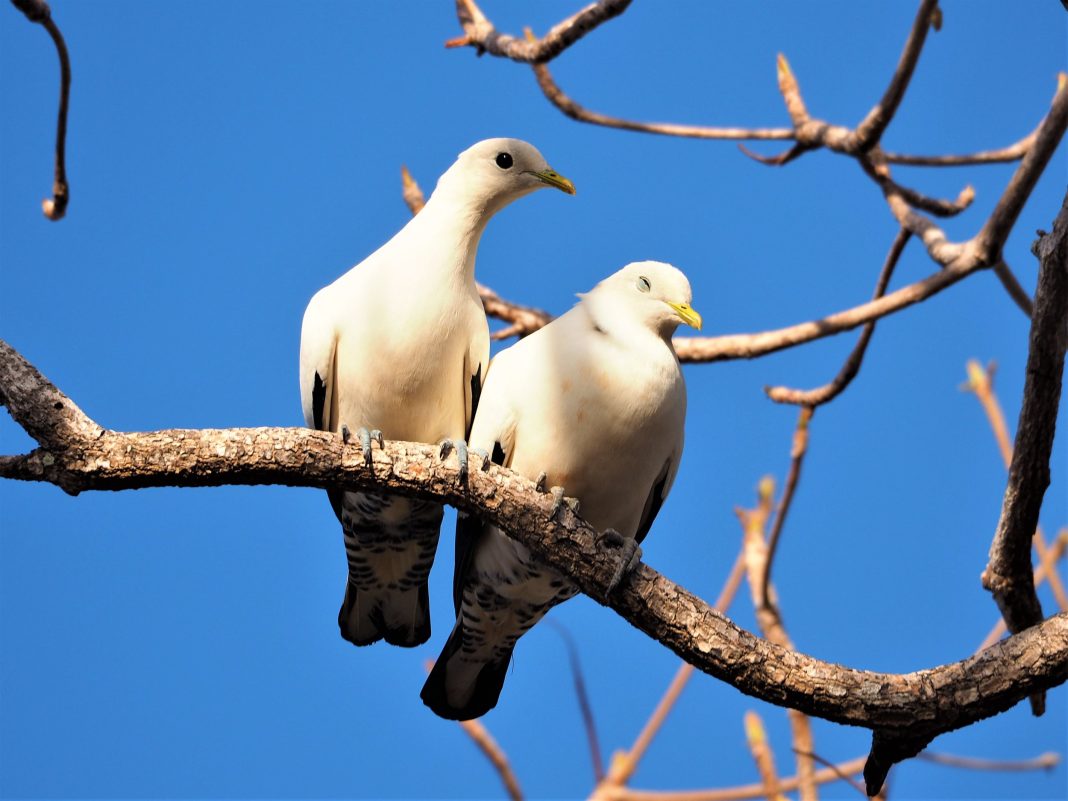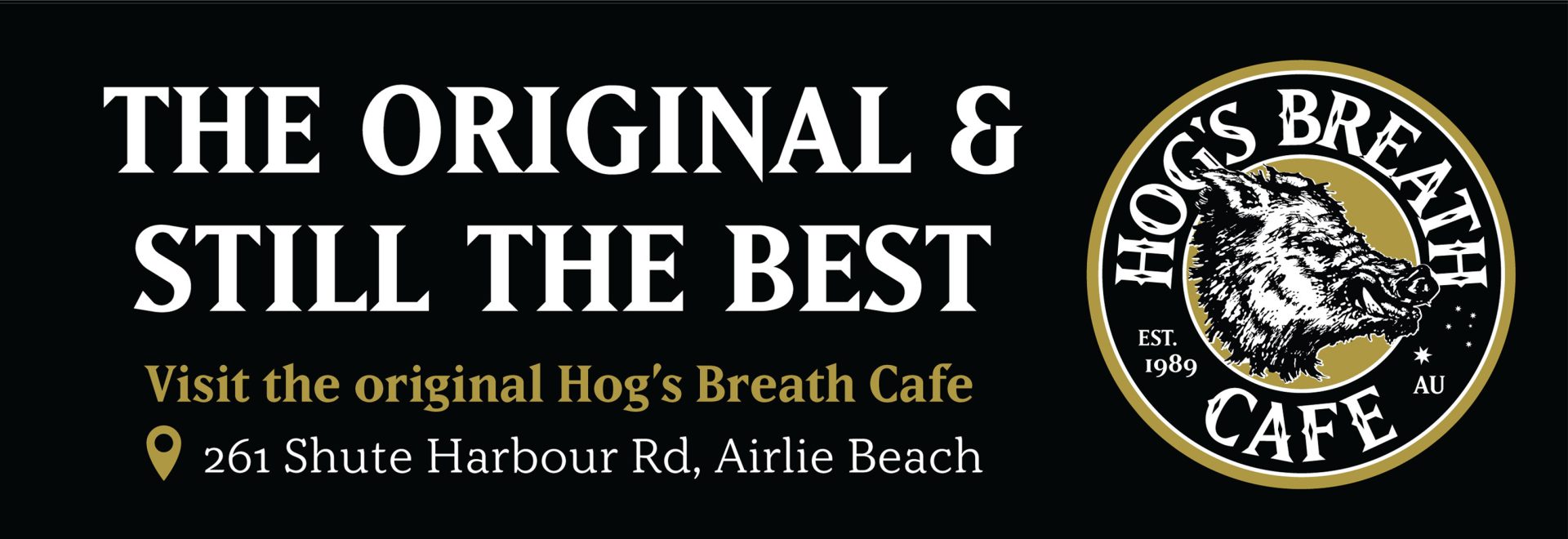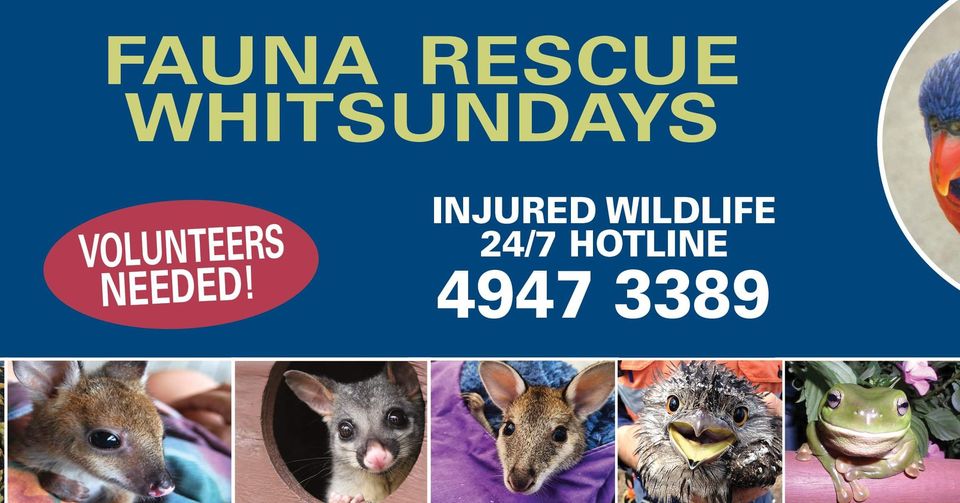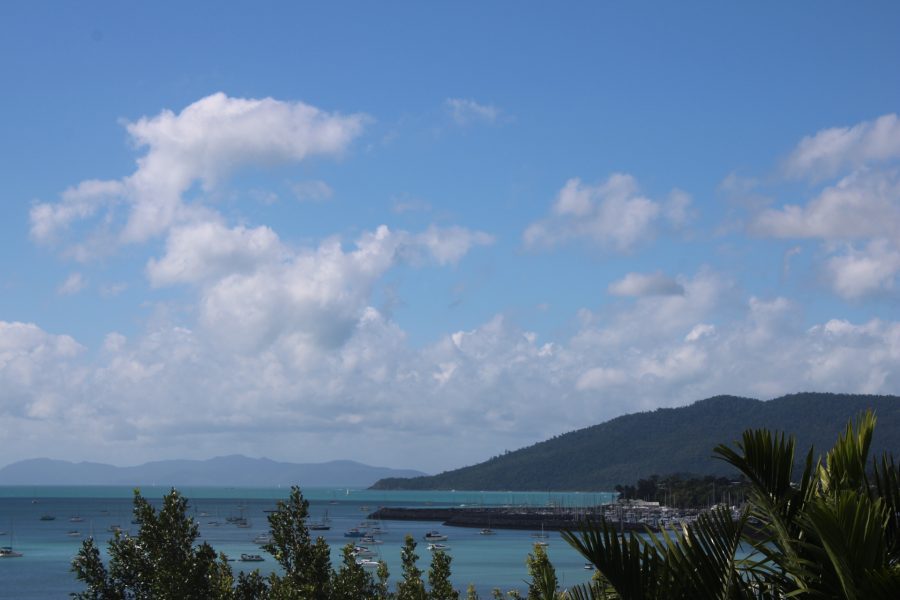THE WHITSUNDAYS are fortunate to have a diverse bird population and now, another beautiful bird species has joined their ranks temporarily.
The migratory Torres Strait (or Pied Imperial) pigeons arrived last month, and the Whitsunday Conservation Council (WCC) is preparing to do its annual count of the birds.
The Pied Imperial Pigeon is a large distinctive black and white pigeon, mostly white but with black on the outer parts of its wings and on its tail tip, and black bars on the underside of its tail. The beak is yellow or yellow-green and legs and feet are blue grey.
The Pied Imperial Pigeon is a summer migrant to northern Australia, and nests colonially on many islands of the Great Barrier Reef, with their major breeding colonies occurring on offshore islands.
They are important for the dispersal of many rainforest seeds and counts have been going on in Australia for some decades.
A WCC spokesperson said volunteers were needed to help count the flocks of pigeons as they cross the coast to come in and roost for the night.
“All equipment and instructions are provided – if you have your own binoculars (birding/wildlife binoculars are the best) feel free to bring them along,” the spokesperson said.
“Volunteers can be spotter/counters or data recorders, or you can have a go at both roles.
“In previous years, we have only counted at Cannonvale Beach and we have seen a big variation in numbers, from year to year, and in different wind directions.
“It is possible that when it is drier/windier the birds move further into the more rain-forested areas.”
This year, the Lion’s Lookout, at Shute Harbour, has also been added to the list of counting spots.
“The Shute Harbour Lookout should give us a good, clear view of flocks coming in and out,” the spokesperson said.
“If we can do both counts at the same time, that might help us better understand their movement patterns and numbers in our area.
“That means that we need volunteers to help fill two rosters – one for Cannonvale and one for Shute Harbour.”
The data collected goes into a database, at James Cook University, where it is available for researchers and managers to ensure tabs are kept on the health of the populations of these ecologically important and beautiful birds.
The Torres Strait Pigeon Count is taking place on November 15, 16 and 17, 2024.
WCC is looking for spotters/recorders to do a shift at either the Cannonvale Beach or Shute Harbour Lookout.
The shift start time is 4pm, through to about 6.30pm, meeting at 3.30pm to get direction on how to proceed.
Anyone interested in helping out by doing a shift can email:






